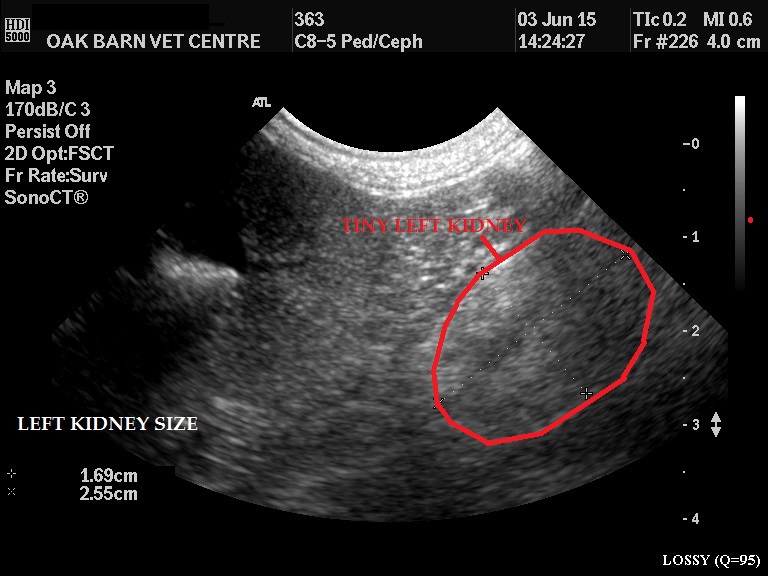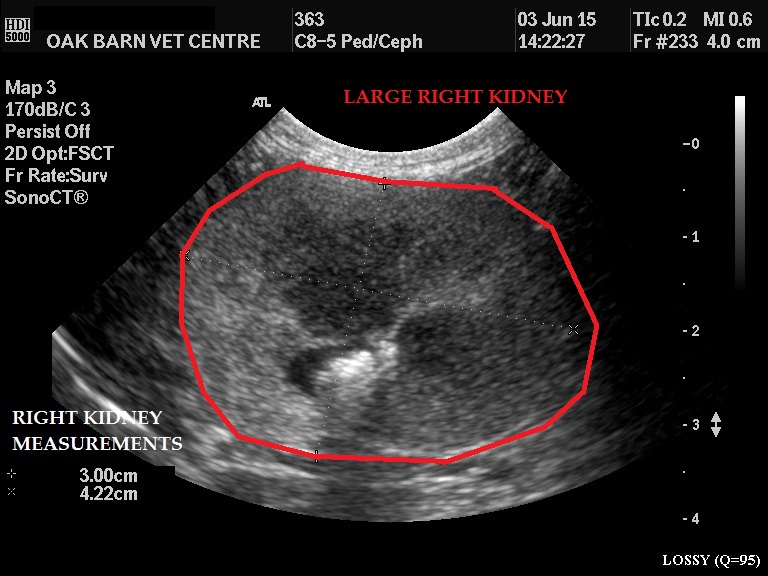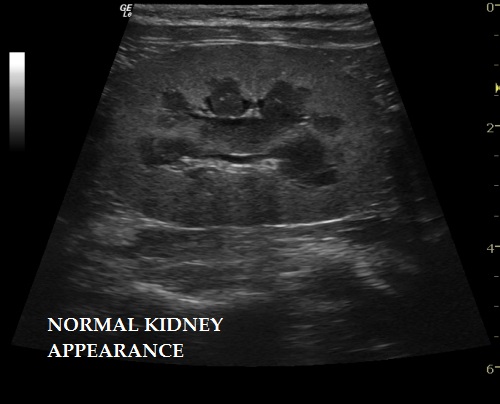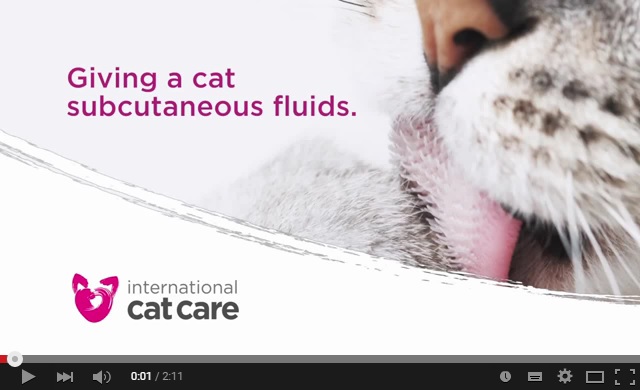Marley is our amazing case of the month for June! Many of us know that cats are prone to kidney disease and this is life threatening but read on and see how Marley has survived Acute Renal Failure and with treatment is leading a normal happy life.
Many of us are aware that cats can be prone to kidney disease but thankfully with advances in medical management this does not have to mean a rapid demise. Poor Marley presented suddenly to the practice feeling very unwell. On the outside he looked fine but his owner had realised that he was not right - refusing food and hiding away were just not normal behaviour for him.
On examination Marley was showing signs of dehydration and on palpating his abdomen he had a large right kidney and the left could not be felt. He was admitted straight away for fluids and further investigations.
Like all mammals, cats have two kidneys located in the abdomen, which perform a wide variety of important roles, including :
- Removing toxins from the blood
- Maintaining water balance
- Maintaining salt balance (and other electrolytes)
- Maintaining the acid balance of the body
- Maintaining normal blood pressure
- Producing hormones
Blood is constantly filtered through the kidneys to remove the toxic waste products of the body's metabolism. Urine is produced in this process. The kidneys also concentrate the urine by returning water to the body, preventing dehydration.
Poor Marley's blood results showed that he was dehydrated and in acute renal failure. Some of his toxin levels were so high the laboratory needed to dilute the sample by 50% to be able to get a reading through the analyser.
More worrying was that ultrasound examination of Marley's kidneys showed a redundant tiny left kidney (1x2cm) with little blood flow and an enormous right kidney (3x4cm) that was struggling to do all the work showing signs of dilation and inflamation. We had to work fast to try and save this right kidney! We suspect that the left kidney probably suffered an insult previously and had then shrivelled up but Marley had managed to cope fine, however now his right kidney was struggling the clock was ticking.


 Fortunately, there is considerable 'reserve capacity' in the kidneys. It is well recognised that in healthy animals and humans, it is possible to remove one kidney completely without any adverse consequences. In fact it requires around two thirds to three quarters of the total functioning kidney tissue (of both kidneys) to be lost before signs of CKD will develop. Therefore knowing how high Marley's results were there was great concern that he did not have much of a functional remaining kidney left.
Fortunately, there is considerable 'reserve capacity' in the kidneys. It is well recognised that in healthy animals and humans, it is possible to remove one kidney completely without any adverse consequences. In fact it requires around two thirds to three quarters of the total functioning kidney tissue (of both kidneys) to be lost before signs of CKD will develop. Therefore knowing how high Marley's results were there was great concern that he did not have much of a functional remaining kidney left.
With aggressive fluid therapy and medical management we were very relieved to see Marley's toxin level reduced quickly as the below chart shows.
In most cases kidney disease is a progressive disease. Initially, clinical signs are often very subtle and mild, but will gradually get worse over a long period of time. More rarely, signs may appear to develop quite suddenly as in Marley's case (often as a result of decompensation or sudden worsening of the condition, for example if a cat with CKD is deprived of water).
Marley is back to leading a normal life. He is now fed a renal specific diet to reduce the 'work' his kidneys need to do and his owner is very good at monitoring his hydration status. If necessary then Marley receives fluids by subcutaneous injection at home. This sounds difficult but have a look at the video below to see how easy it is! Marley is also receiving a phosphate binder and some potassium salts as a liquid food supplement if he eats things other than his renal diet (like his faviourite tuna).
We have been monitoring Marley very closely now since his acute failure and are thrilled to report that his levels are stable and he is doing well.
If you are worried about your cat and think they may show signs of renal disease there is a simple blood or urine test that we can do. Many of the signs are vague and non-specific – some arise from the accumulation of toxins in the blood while others may arise as complications from the body trying to adapt to the disease. The most common signs are:
- Weight loss
- Poor appetite (inappetence)
- Lethargy
- Increased thirst (polydipsia)
- Increased urination (polyuria)
If you think your cat may be showing any of these signs please contact the surgery. Thankfully now with prompt treatment there is lots we can do to help!



